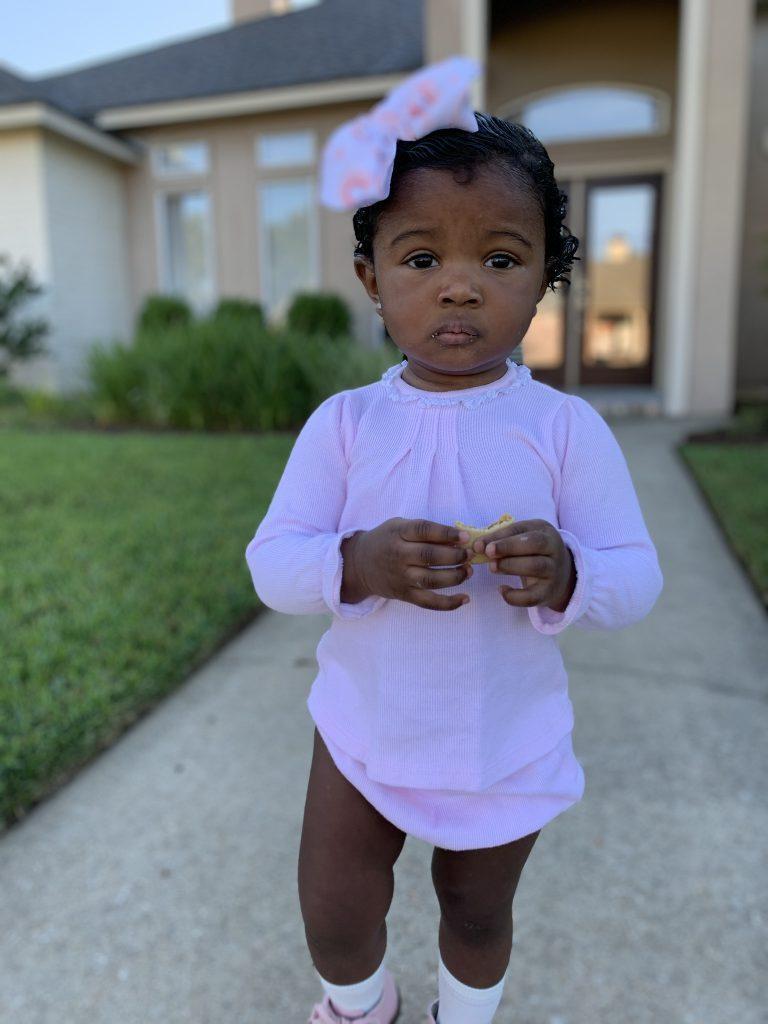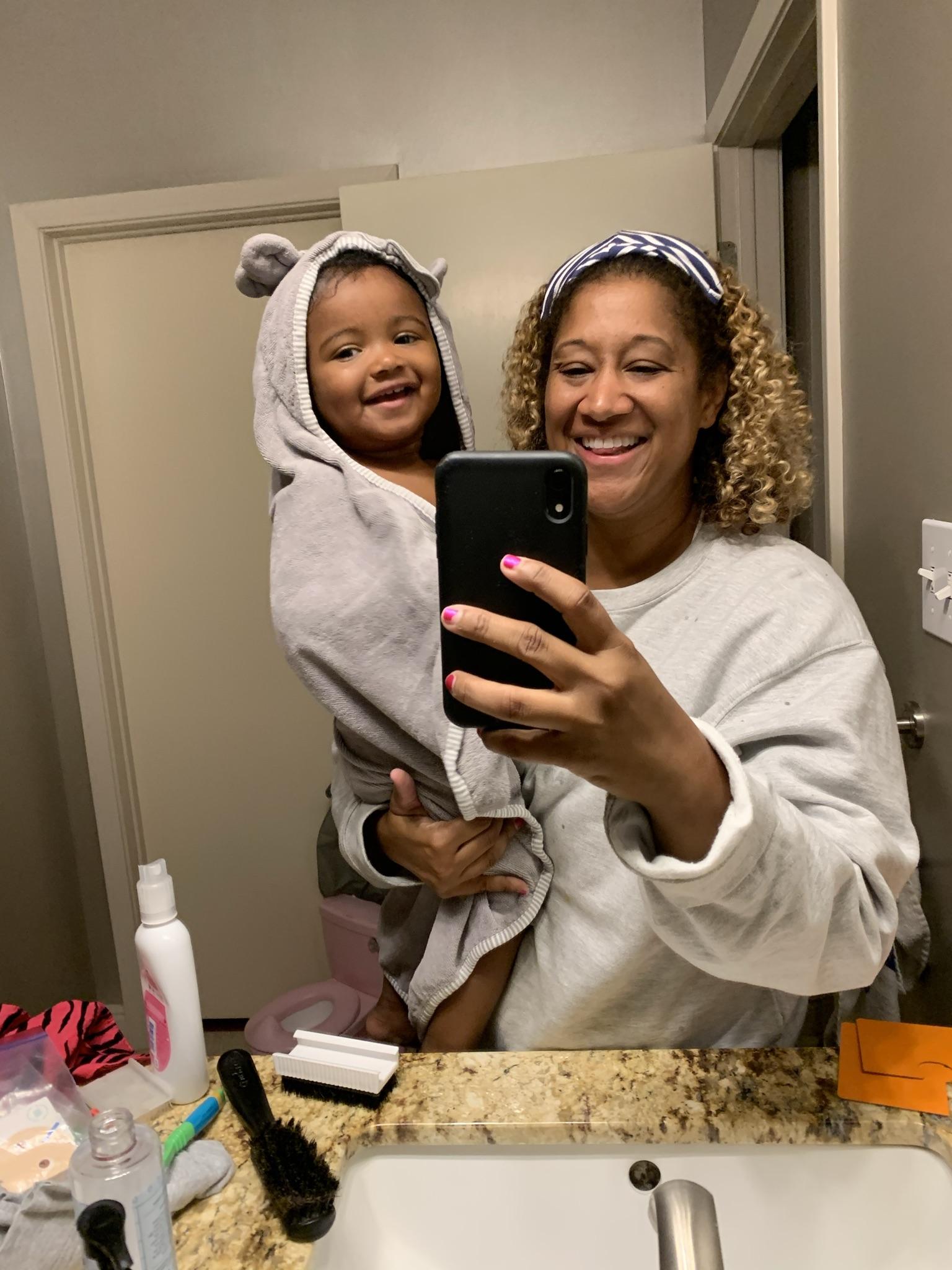If you have opened this blog post and are taking the time to read/understand my perspective, thank you. I appreciate your time.
I have been thinking, reading, reflecting and learning during these past several months and felt it important to share some of my thoughts. My friend Rebecca wrote a great post recently and I love reading and hearing her perspective. Friends and acquaintances have asked me about what they could do to learn more, listen more, and to teach themselves and their children about racism. So many discussions. I am always open to hearing and learning myself. As a self-proclaimed life-long learner, I think normalizing being black is a good start.
What does that mean?
What is your first thought when you see a black person? What about a black child? A black woman? A black man? Do you have any biases that you can identify? Did you take a deep breath? Did you swallow hard or feel a lump in your throat? Did you think of a stereotype? A negative connotation? What if you thought about black people as just that – people? What if you thought of a black child playing as your child playing? If we all checked our biases and were able to identify them, maybe we could get to the point that when everyone thinks of black people our difference in skin color is acknowledged and that would be it. We are the same in every other department. What if we checked our biases before we formed an opinion? What if we normalized being black?
My perspective
I’m a black woman. I am a mother, daughter, sister, wife, runner, reader, and tennis player. What difference does it make if I am black? As a native resident of Lafayette (left for a while & now I am back), I realize that some people have strong feelings about race, racial divide, and all the biases that go along with racial stereotypes. I spend a lot of time with white people. I run, volunteer and work with white people. In the past few years, I have been asked a series of interesting questions here in Lafayette. “Are you really a pharmacist? – Are you sure?” “I think I remember you clean houses, right?” “Wow, I didn’t know you went to Northside?” Well, of course I did ????. “Is that your hair?” “What are you really?” “You don’t look black.” I often wonder, would people ask these questions to anyone who didn’t look like me? Would you ask this to a non-black person?
I asked a question recently to someone via email and their response was shocking. I asked a straightforward question (or so I thought) and had three people reach out to me regarding my question. Strange. Confusing. I usually preface my question with the rationale for asking it, but you know what – no more. I won’t do that any longer. It is confusing and distracts from the question. The question is what it is – no more and no less. No need to answer my question any different than you would answer your friend’s question. I am not upset. I am not frustrated. I am just – asking a question. Feel free to ignore it. I ask that you don’t read anything extra into it either. The person asking the question should not determine the answer or how you respond to the question.
I ran this past weekend with a group of people. My skin color never came up. Often times I am confused at how we get to the topic at all. I am not talking about friend groups or even repetitive social circles, I am talking about random chit chatter. You know why my or any other race didn’t come up, because no one cared that I was the only black person. No one felt the need to bring it up. No one’s race had any value nor was it a topic for meaningful discussion during our run. The pavement on the road doesn’t care if I am black, brown, blue or white.
My daughter

My husband and I are raising our daughter here, so this prompted some of my desire to write this post. From the beginning of her life, white people have asked some of the oddest questions to me (in my opinion). “Where did she get her color from?” “What do you use on her skin, because it is so dark?” When I really think about it, I wonder. Would you ask that to a white stranger in the store? No. I am not talking about people we know, love or even like. I am talking about random strangers. Black people come in all shades. As do all people. What am I missing? When did it become socially acceptable to ask a stranger about their child’s skin color and how deep the pigmentation is? PS – she can hear you, no need to whisper. If you are going to ask, just be sure you would ask all people the same question. I likely won’t engage in a discussion with you about her skin tone – unless we are friends.

What if we all said – that black family over there – oh, they are just like us. Their skin color, hair texture, and religion may be different, but they are the same as we are. We can invite them over for dinner. Their children can play with mine. We can live together in the same neighborhood. I can go to their house. I can go to their children’s school. I can visit their church with them. What if we normalized being black? It doesn’t seem so difficult to me. What would that look like in your life for you, your children and your family?



















This is such a great read! Thank you for sharing your perspective!
Thank you so much for taking the time to read it. I appreciate it.
Thank you Christina for sharing. We need more of these conversations, especially so that our children do not have to have them.
Agree. This starts and should end with us. We must do better.
Thank You for saying this !
Thank you for reading. I appreciate your thoughts.
Great article Christina, thanks for being willing to share your personal experiences! I think this a positive step in the right direction for more conversations to bring a brighter future.
Thank you for taking the time to read it. I appreciate it. I agree, we have to start these conversations for our children.